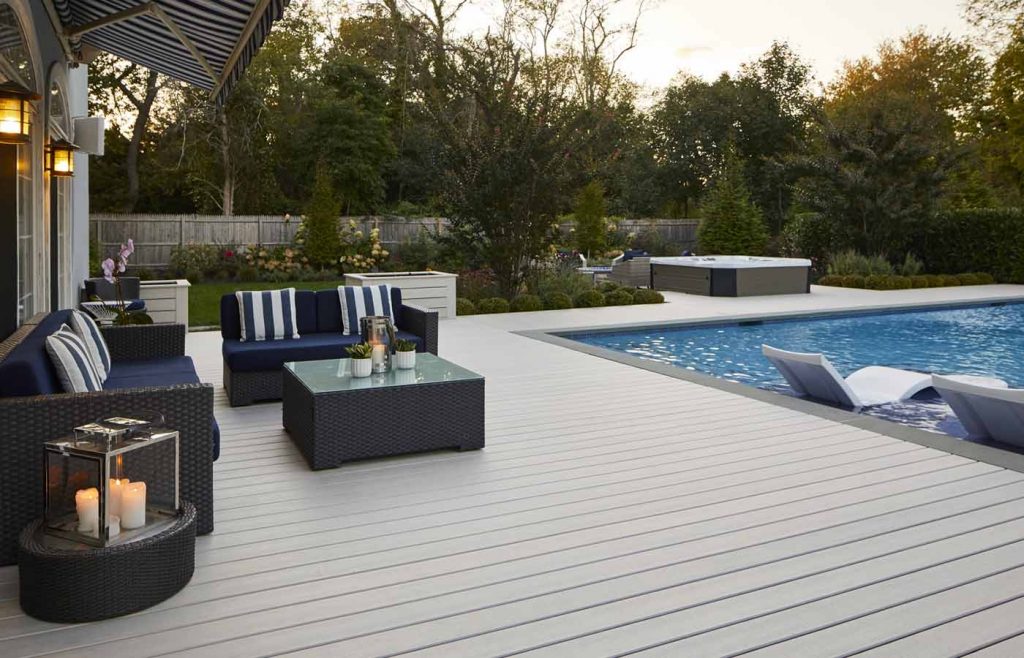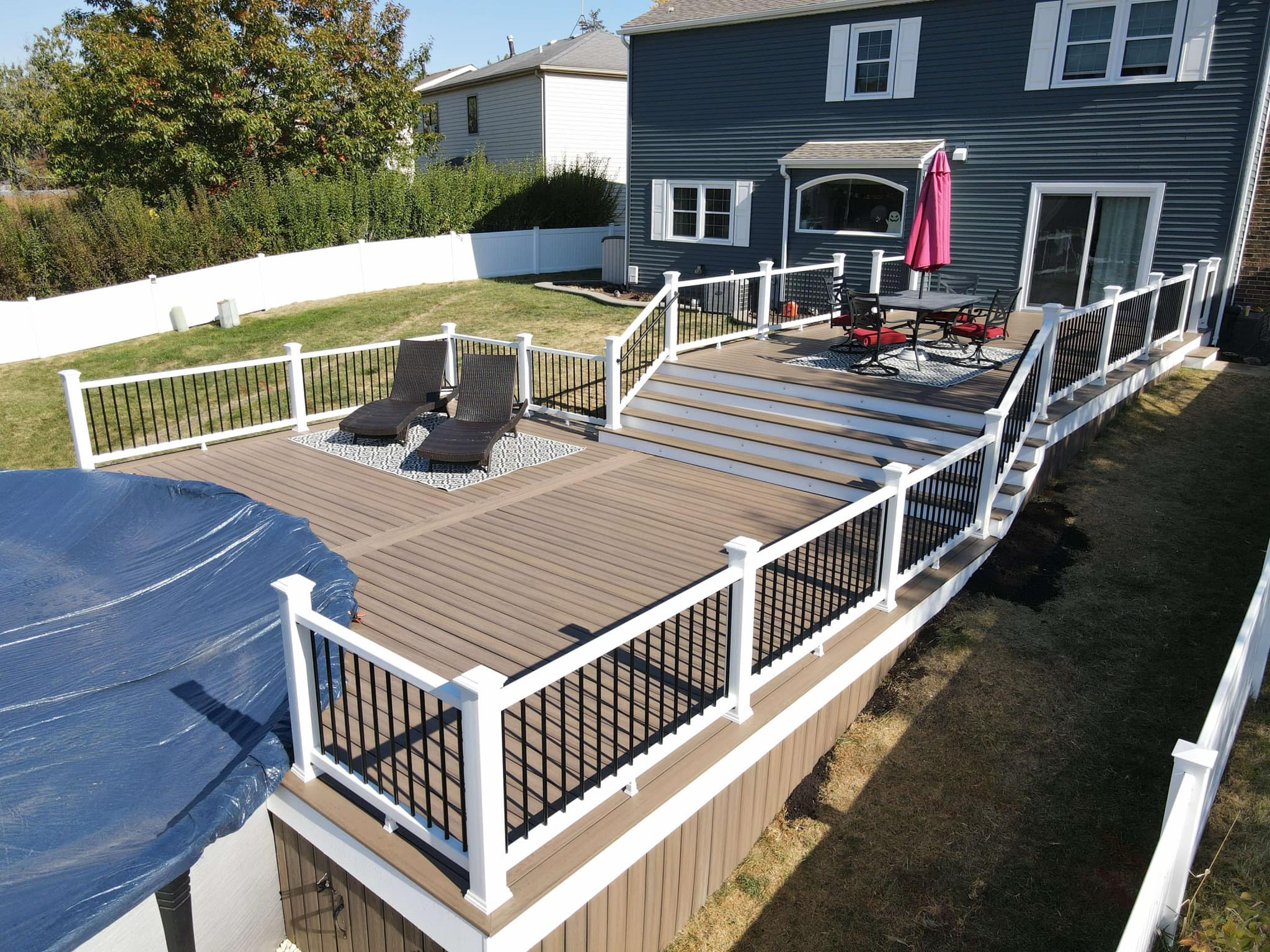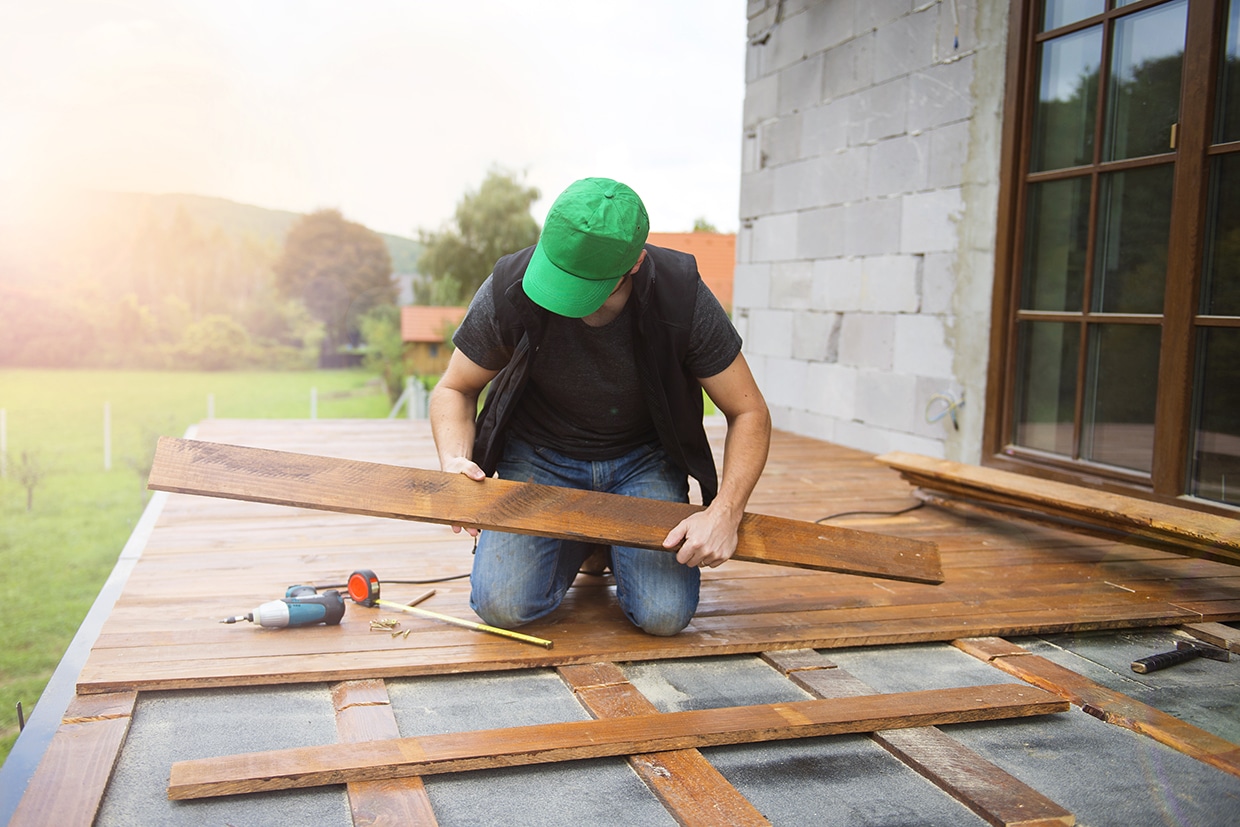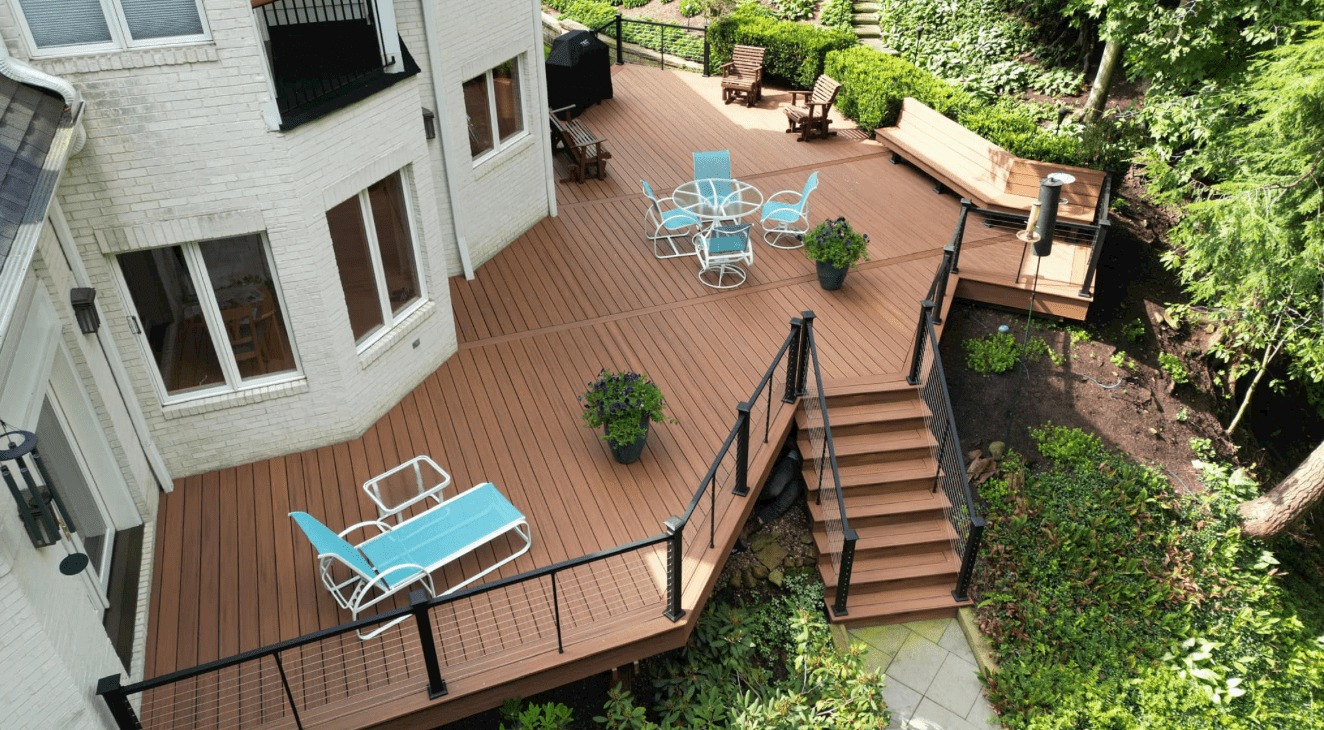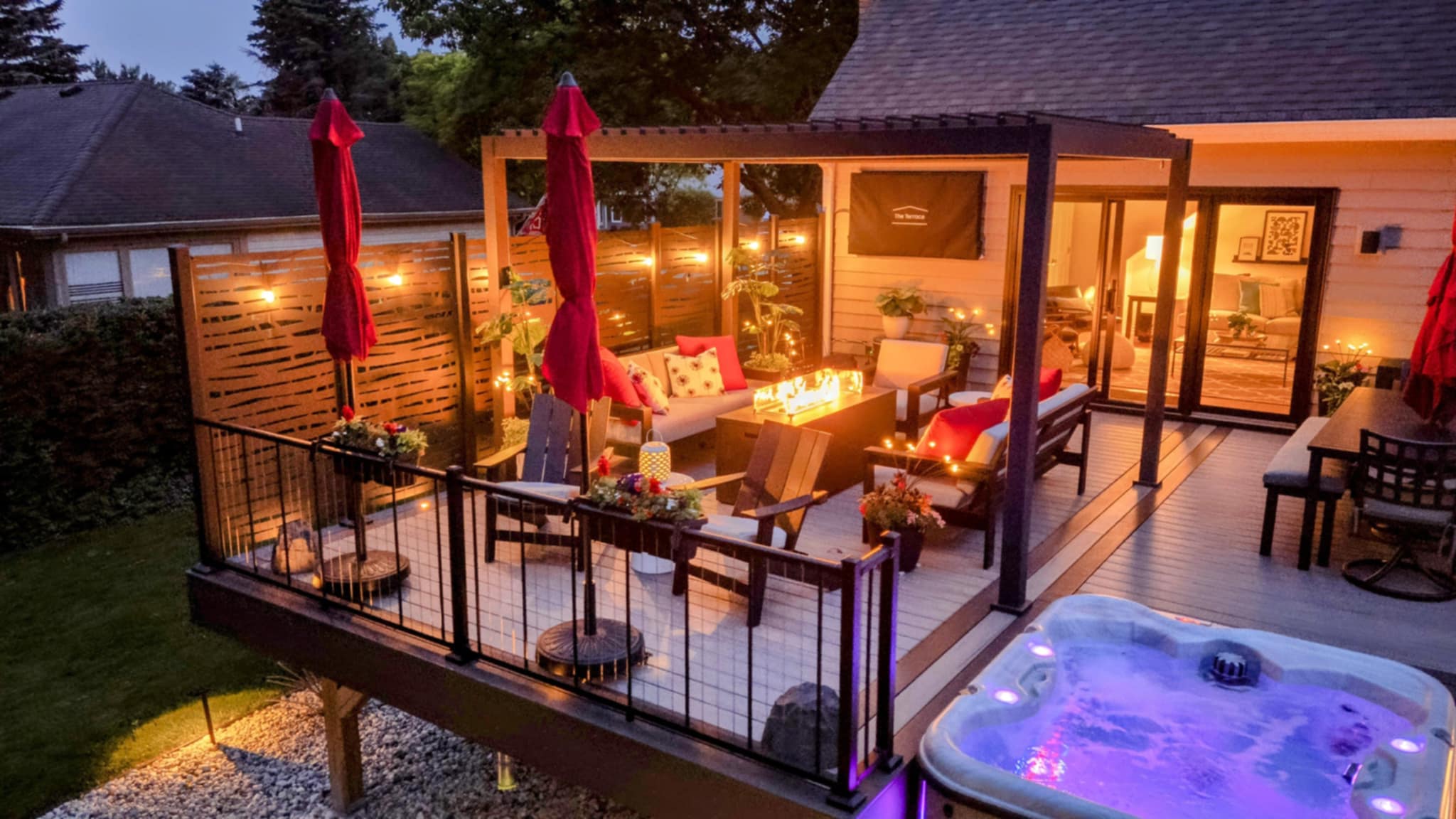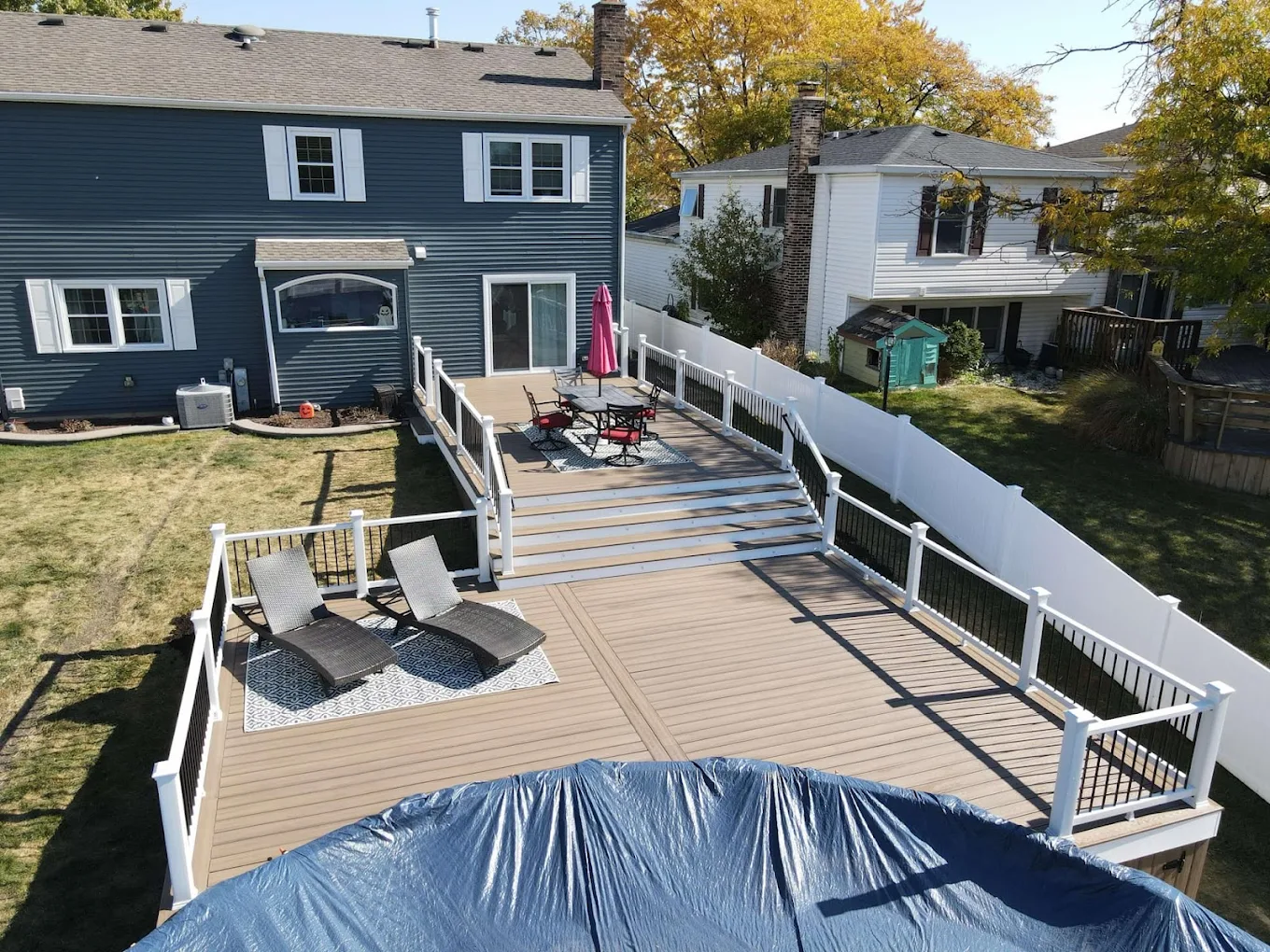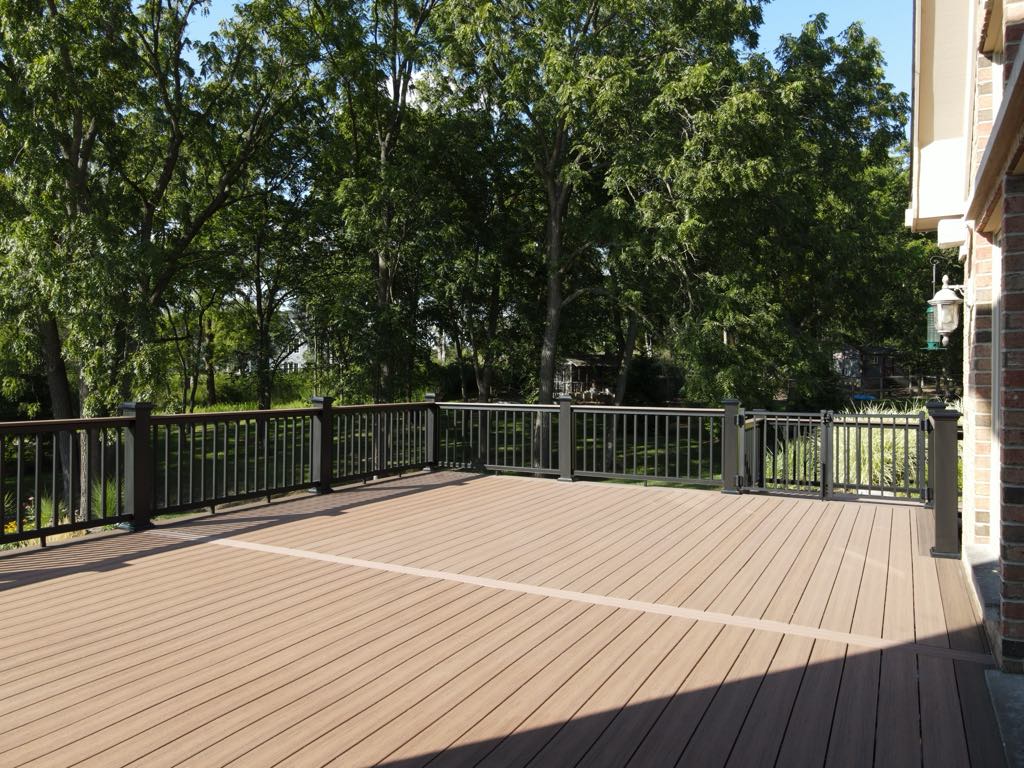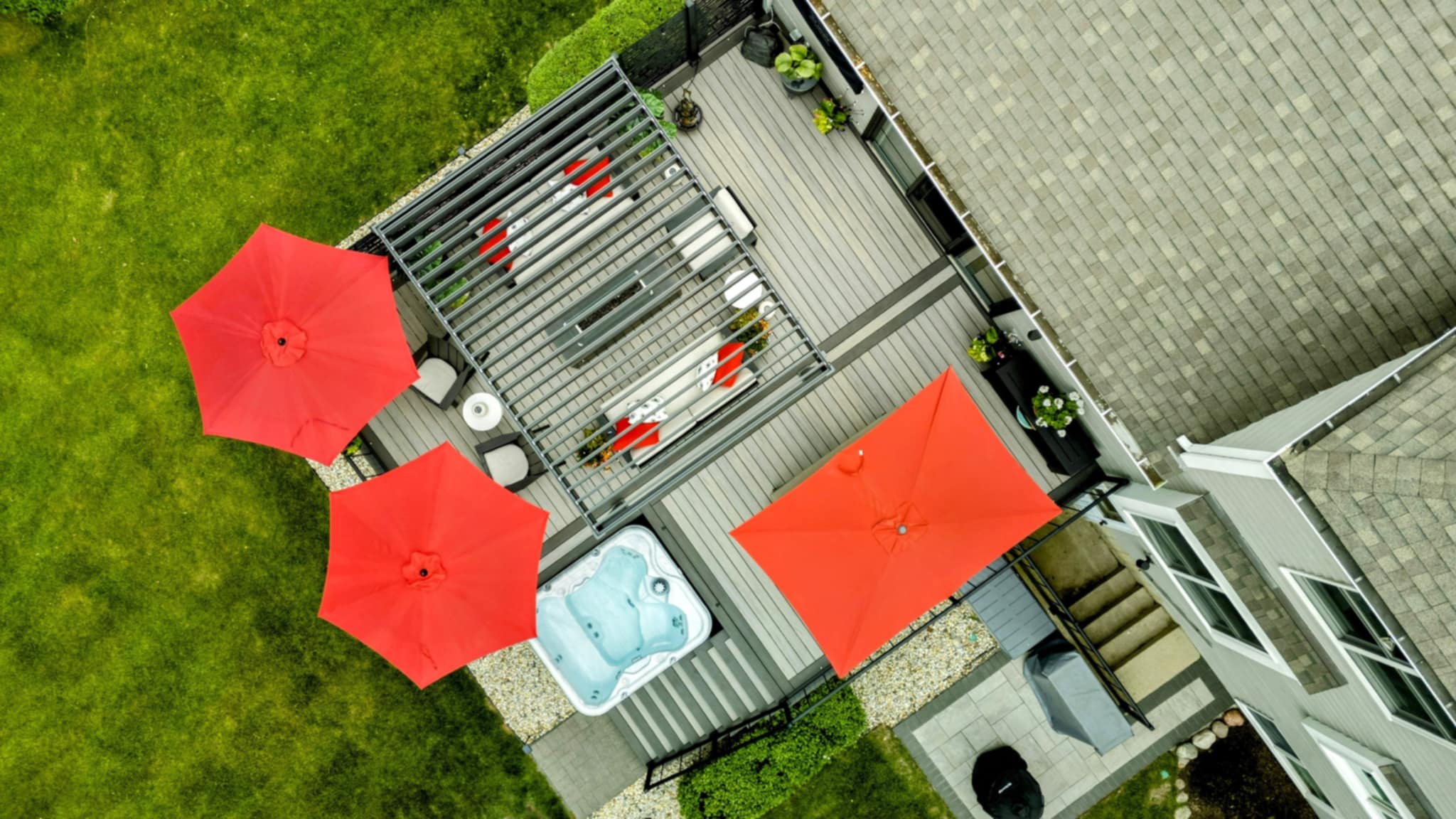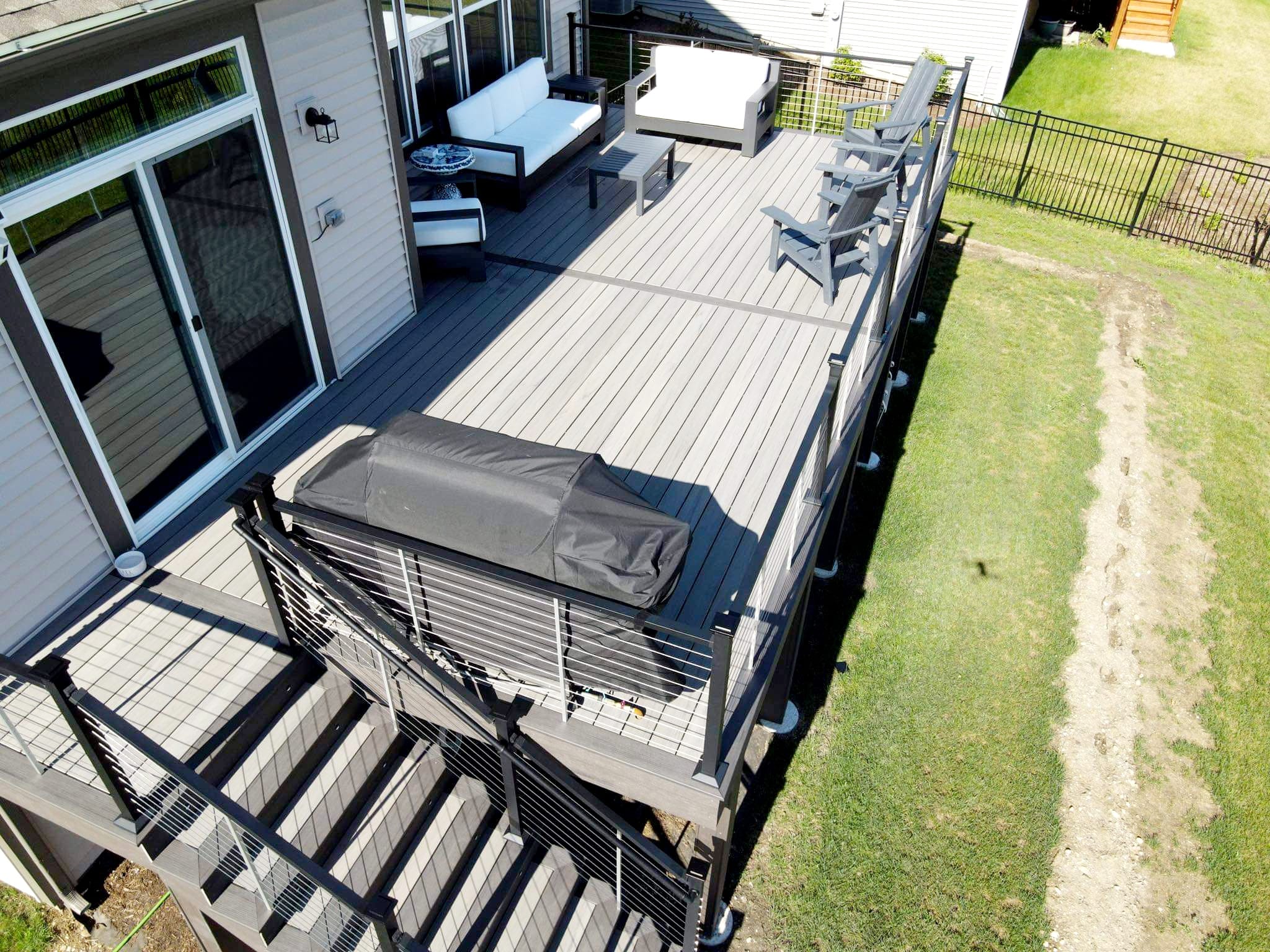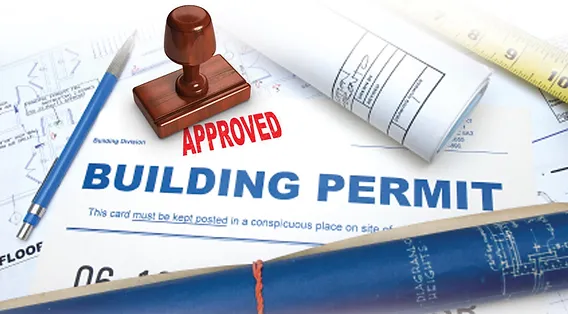What is the disadvantage of composite decking
While composite decking offers many benefits, it also has some disadvantages that homeowners should consider before making a decision. Here are the main drawbacks of composite decking:
Higher Initial Cost:
- Composite decking is generally more expensive than traditional wood decking, especially upfront.
- The cost of composite decking can be 3-4x higher than pressure-treated wood, depending on the brand, style, and quality.
- However, the long-term cost of ownership may be lower due to reduced maintenance requirements and extended lifespan.
Limited Heat Resistance:
- Composite decking can get hot under direct sunlight, making it uncomfortable to walk on barefoot during peak summer days.
- Dark-colored composite decking absorbs more heat than lighter colors, exacerbating the issue.
- While some brands offer cooler-to-the-touch technology, composite decking may still become hotter than natural wood.
Potential for Fading and Discoloration:
- Composite decking is susceptible to fading and discoloration over time, especially when exposed to direct sunlight and harsh weather conditions.
- While most composite decking is designed to resist fading, the color may still change subtly over the years.
- Some brands offer fade-resistant warranties, but it’s important to read the fine print and understand the limitations.
Moisture and Mold Issues:
- If not properly installed and maintained, composite decking can be prone to moisture retention, leading to mold and mildew growth.
- Improper gapping, lack of ventilation, or poor drainage can exacerbate moisture issues.
- Regular cleaning and ensuring proper installation are crucial to mitigate these problems.
Lack of Natural Wood Feel:
- Despite advancements in texture and appearance, composite decking may not fully replicate the natural feel and character of real wood.
- Some homeowners prefer the authentic warmth, grain patterns, and imperfections of natural wood decking.
- The synthetic nature of composite decking may be a drawback for those who value the inherent beauty and organic essence of wood.
Expansion and Contraction:
- Composite decking is prone to thermal expansion and contraction due to temperature changes.
- As the temperature fluctuates, composite boards can expand and contract at a higher rate than natural wood.
- This movement can cause issues such as warping, buckling, or gapping if the deck is not properly installed with adequate spacing and fastening techniques.
- Failure to allow for adequate expansion and contraction can result in a deck that is uneven, unstable, or prone to damage.
- While some composite decking brands have developed materials with lower expansion and contraction rates, it remains a potential drawback that homeowners should be aware of.
It’s essential to weigh these disadvantages against the benefits of composite decking, such as low maintenance, durability, and long-term cost savings. Homeowners should carefully consider their priorities, budget, and aesthetic preferences when deciding between composite and natural wood decking.
Trust the Experts in Composite Deck Installation
Whether you’re just beginning to explore your options or are ready to start building, Decked Out Builders is here to be your trusted deck-building partner. Our team of skilled professionals has decades of experience as premier composite deck builders in Illinois and Wisconsin. We’re happy to answer any questions you may have about composite decking materials and can help you schedule a design consultation when you’re ready to move forward.
In addition to custom composite decks, we offer a range of other outdoor living services, including porches, patios, pergolas, outdoor kitchens, and more. Browse our portfolio of showpiece custom decks and request your free quote today to start turning your outdoor living dreams into reality.


